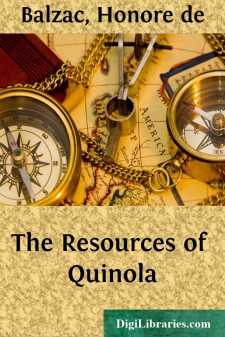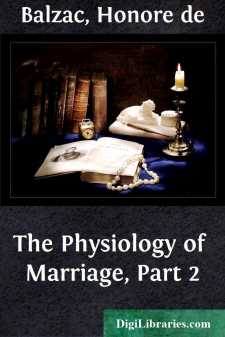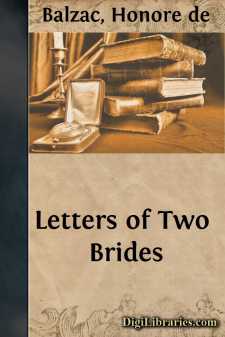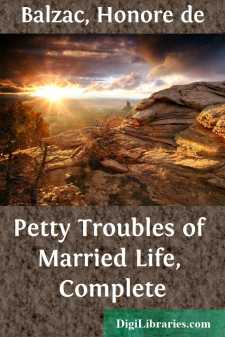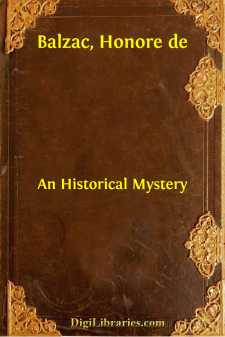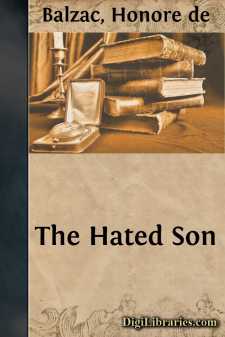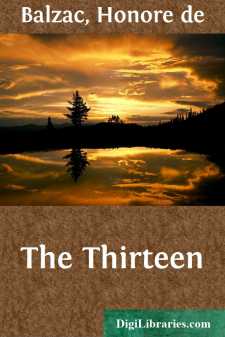Categories
- Antiques & Collectibles 13
- Architecture 36
- Art 48
- Bibles 22
- Biography & Autobiography 813
- Body, Mind & Spirit 142
- Business & Economics 28
- Children's Books 15
- Children's Fiction 12
- Computers 4
- Cooking 94
- Crafts & Hobbies 4
- Drama 346
- Education 46
- Family & Relationships 57
- Fiction 11828
- Games 19
- Gardening 17
- Health & Fitness 34
- History 1377
- House & Home 1
- Humor 147
- Juvenile Fiction 1873
- Juvenile Nonfiction 202
- Language Arts & Disciplines 88
- Law 16
- Literary Collections 686
- Literary Criticism 179
- Mathematics 13
- Medical 41
- Music 40
- Nature 179
- Non-Classifiable 1768
- Performing Arts 7
- Periodicals 1453
- Philosophy 64
- Photography 2
- Poetry 896
- Political Science 203
- Psychology 42
- Reference 154
- Religion 513
- Science 126
- Self-Help 84
- Social Science 81
- Sports & Recreation 34
- Study Aids 3
- Technology & Engineering 59
- Transportation 23
- Travel 463
- True Crime 29
The Resources of Quinola
by: Honore de Balzac
Description:
Excerpt
Had the author of the following play written it merely for the purpose of winning for it the universal praise which the journals have lavished upon his romances, and which perhaps transcended their merits, The Resources of Quinola would still have been an excellent literary speculation; but, when he sees himself the object of so much praise and so much condemnation, he has come to the conclusion that it is much more difficult to make successfully a first venture on the stage than in the field of mere literature, and he has armed himself, accordingly, with courage, both for the present and for the future.
The day will come when the piece will be employed by critics as a battering ram to demolish some piece at its first representation, just as they have employed all his novels and even his play entitled Vautrin, to demolish The Resources of Quinola.
However tranquil may be his mood of resignation, the author cannot refrain from making here two suggestive observations.
Not one among fifty feuilleton writers has failed to treat as a fable, invented by the author, the historic fact upon which is founded the present play.
Long before M. Arago mentioned this incident in his history of steam, published in the Annuaire du Bureau des Longitudes, the author, to whom the incident was known, had guessed in imagination the great drama that must have led up to that final act of despair, the catastrophe which necessarily ended the career of the unknown inventor, who, in the middle of the sixteenth century, built a ship that moved by steam in the harbor of Barcelona, and then scuttled it with his own hands in the presence of two hundred thousand spectators.
This observation is sufficient answer to the derision which has been flung upon what was supposed to be the author's hypothesis as to the invention of steam locomotion before the time of the Marquis of Worcester, Salomon de Caus and Papin.
The second observation relates to the strange manner in which almost all the critics have mistaken the character of Lavradi, one of the personages in this comedy, which they have stigmatized as a hideous creation. Any one who reads the piece, of which no critic has given an exact analysis, will see that Lavradi, sentenced to be transported for ten years to the presides, comes to ask pardon of the king. Every one knows how freely the severest penalties were in the sixteenth century measured out for the lightest offences, and how warmly valets in a predicament such as Quinola's, were welcomed by the spectators in the antique theatres.
Many volumes might be filled with the laments of feuilletonists, who for nearly twenty years have called for comedies in the Italian, Spanish or English style. An attempt has been made to produce one, and the critics would rather eat their own words than miss the opportunity of choking off the man who has been bold enough to venture upon a pathway of such fertile promise, whose very antiquity lends to it in these days the charm of novelty.
Nor must we forget to mention, to the disgrace of our age, the howl of disapprobation which greeted the title "Duke of Neptunado," selected by Philip II. for the inventor, a howl in which educated readers will refuse to join, but which was so overwhelming at the presentation of the piece that after its first utterance the actors omitted the term during the remainder of the evening. This howl was raised by an audience of spectators who read in the newspapers every morning the title of the Duke of Vittoria, given to Espartero, and who must have heard of the title Prince of Paz, given to the last favorite of the last but one of the kings of Spain....


